While I was writing another article that I recently put up, I realized something: no matter the popularity, there will always be cars not to buy because they just don’t make sense. This can be a class of vehicle I will only very occasionally recommend, it could be a certain model of car, or, it could be an entire brand. There are many reasons for this, with pointlessness, reliability, and brands that sell on image coming to mind immediately. However, while I hesitate, some vehicles in these categories may offer such a compelling package that I have to recommend it, so they aren’t ironclad, and there may be exceptions. In general though, it would be best not to buy the four types of cars listed below.
Table of Contents
Crossovers

The crossover, THE category of vehicle that enthusiasts love to hate, and, if I’m honest, I’m among the ranks of people that aren’t a fan of them. A part of that I, as a young American car enthusiast that had just got his license, was excited. I wanted to drive in something that made sense, and gave me some kind of fulfillment.
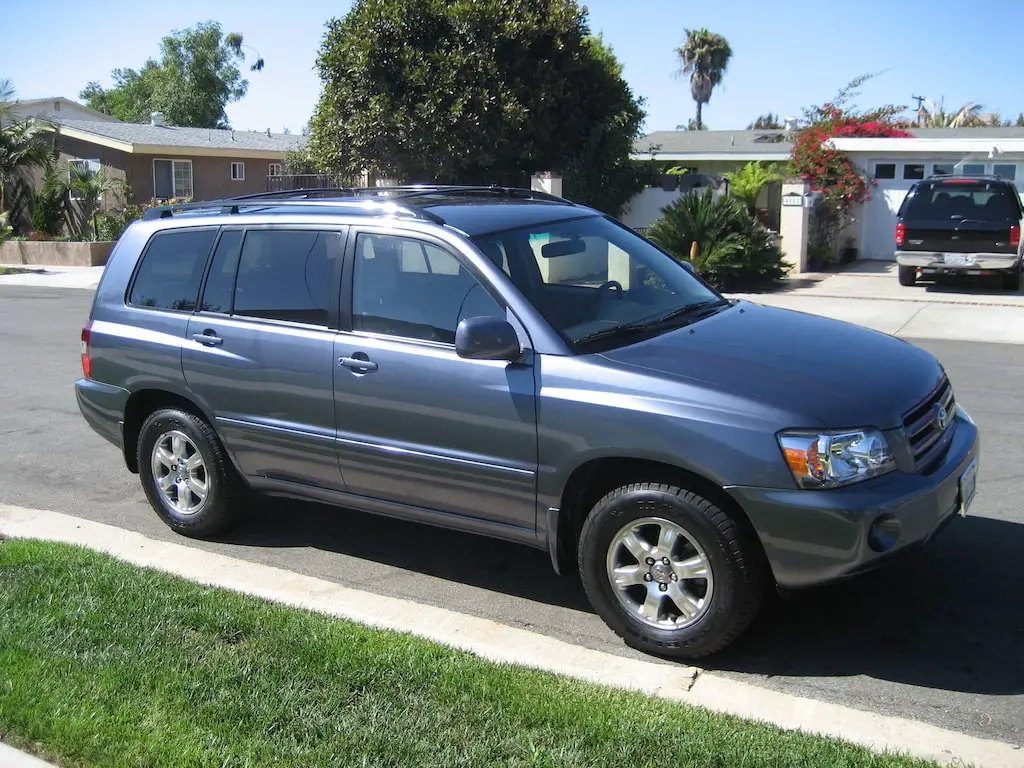
What option was presented to me for using a car? A 1st gen Toyota Highlander…the epitome of a boring crossover, then and now.
And to anyone that says I should’ve found a part time job, this was 2010-2011, there were none around because economic recession, and I grew up in a community that didn’t reward thinking outside of the box. I really didn’t like that car, and I prayed that it would die soon. But, being a Toyota with rock-solid reliability, that didn’t happen.
Looking back, that was the only true merit of the car: Toyota reliability.
Other than that, it was far from ideal.
Sure, it was reliable and could carry a lot of stuff, but so is a 5th gen Honda accord wagon!
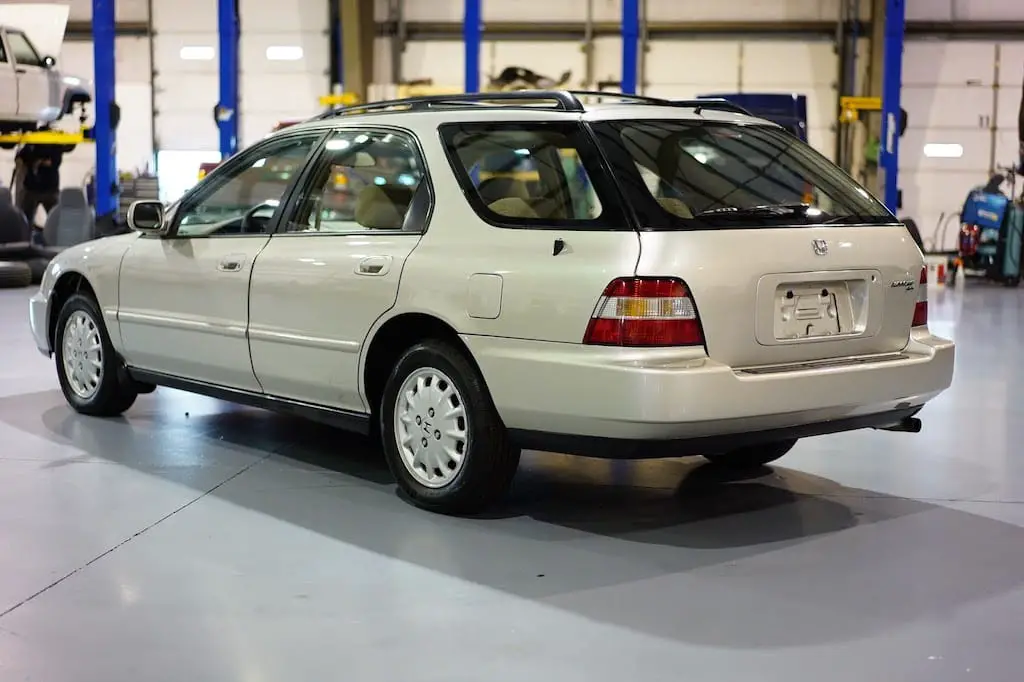
It got really bad fuel economy at around 20 MPG, and there are many fun, faster cars that got much better gas mileage, like a used Miata or EG Civic.
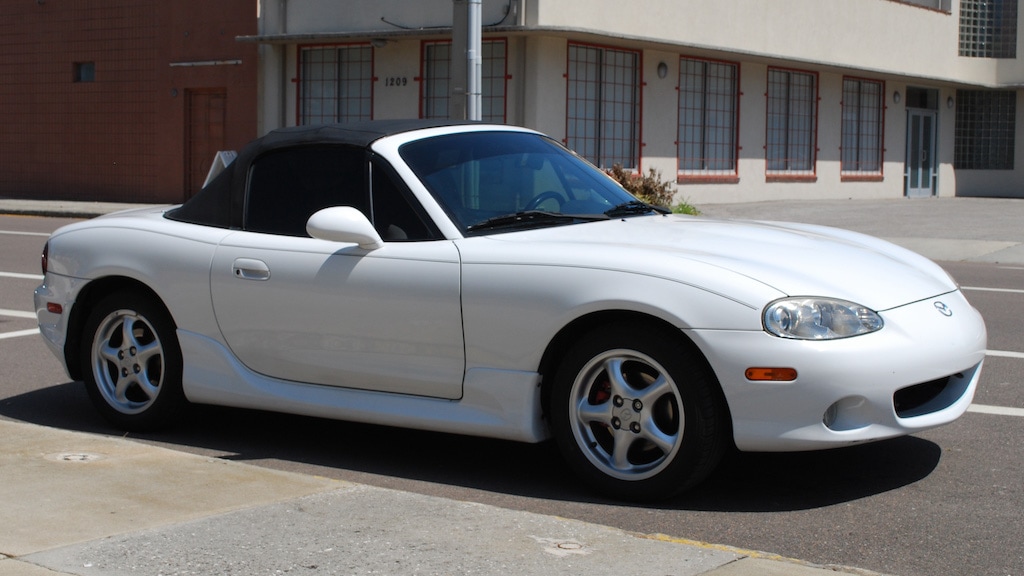
Sure, it was “safe,” but so is a Volvo 240, and they at least have character!
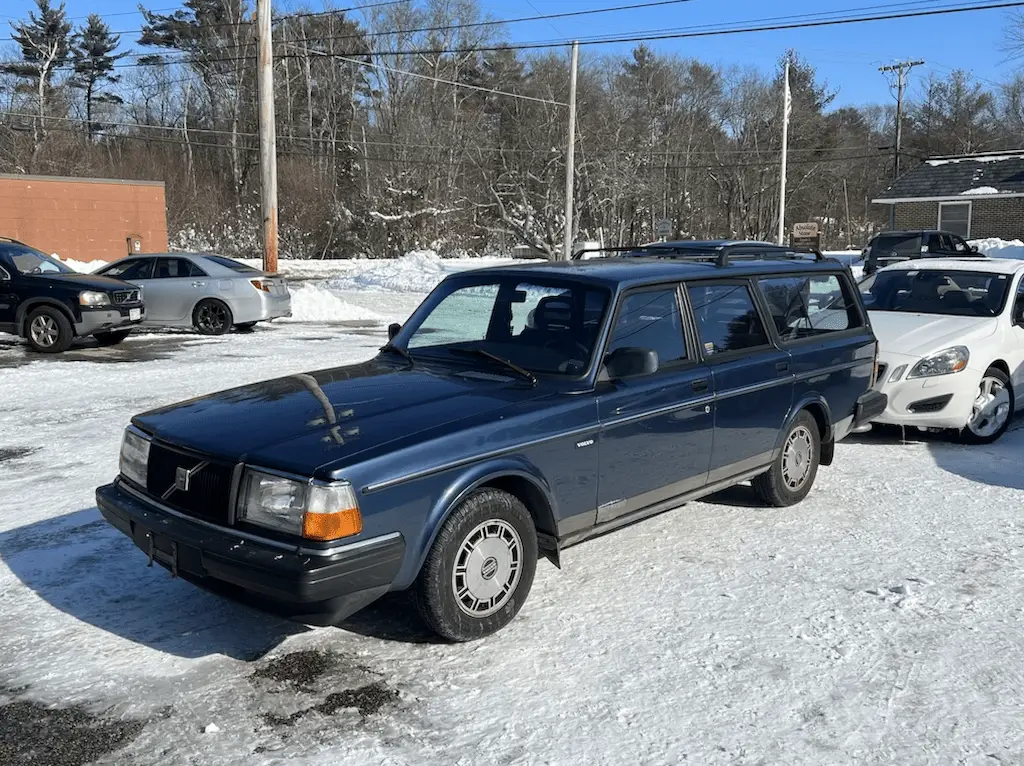
It would’ve helped if it was at least comfortable, but no. My back ached after only 30 minutes in the car. No wonder young me browsed craigslist and drooled over 80s Mercedes S-Classes.
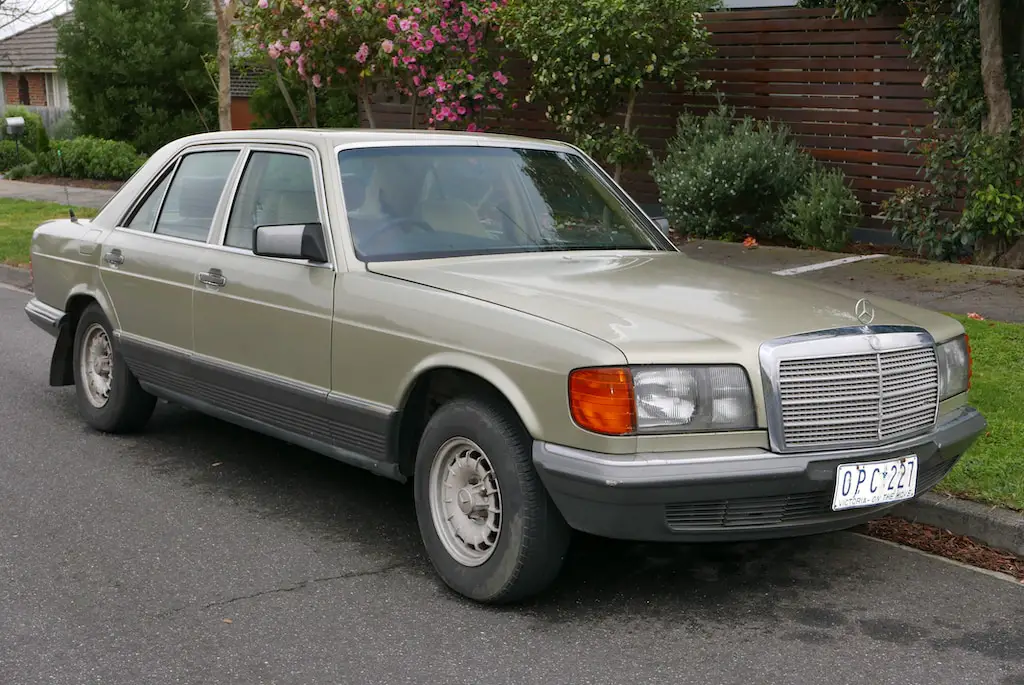
Yes, it had all-wheel drive, but so does a Volvo S60 R!
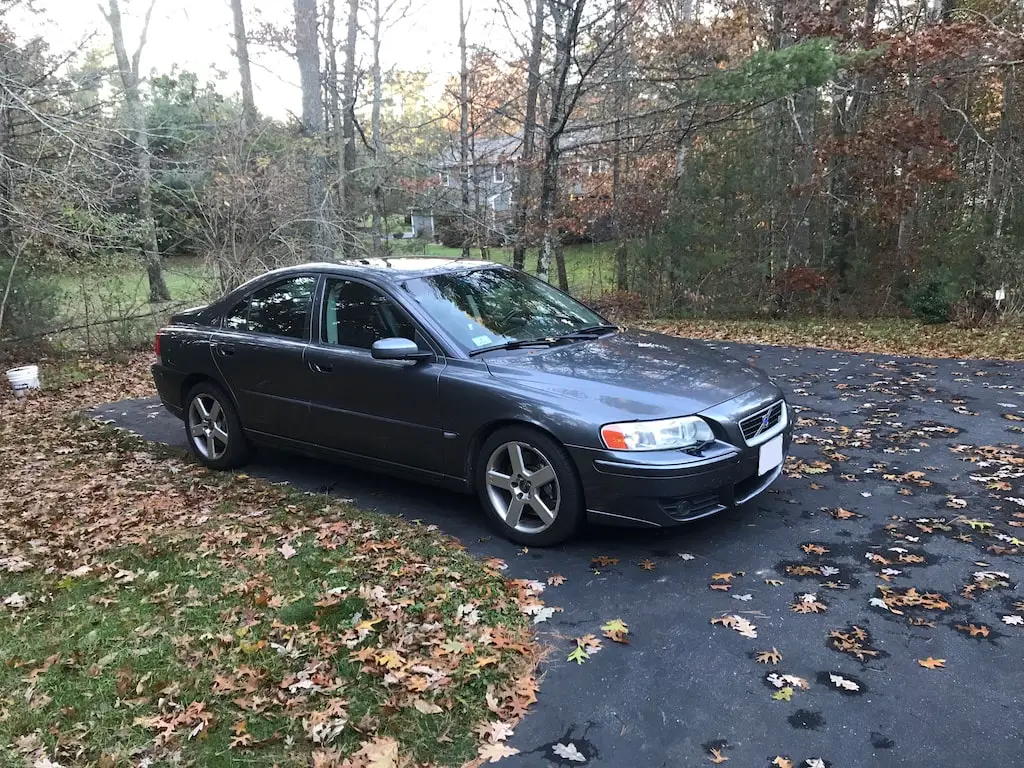
In short, it was the most generic, boring, and soul crushing transportation I ever experienced. A Subaru Legacy Wagon literally did everything better than a Toyota Highlander, yet, there I was. Stuck with an objectively inferior automobile by every measurable metric and no other viable alternative for me to get to school. It made me hate driving for a few years, which is sad, as the auto industry has always been a subject of passion for me.
And what are my thoughts now, with the benefit of hindsight and additional maturity? Looking back, I was 100% correct, and I should’ve trusted my gut at the time, which is why I hesitate recommending a crossover for most people. If I’m honest, I found and I still find the entire segment to be pointless.
With a raised ride height and higher weight, they have worse driving dynamics and fuel economy than a sedan, making them more expensive to run, and more likely to cause a crash in the hands of an inexperienced younger driver.
Station wagons and hatchbacks can also carry just as much as a crossover, without sacrificing driving dynamics and fuel economy compared to a sedan.
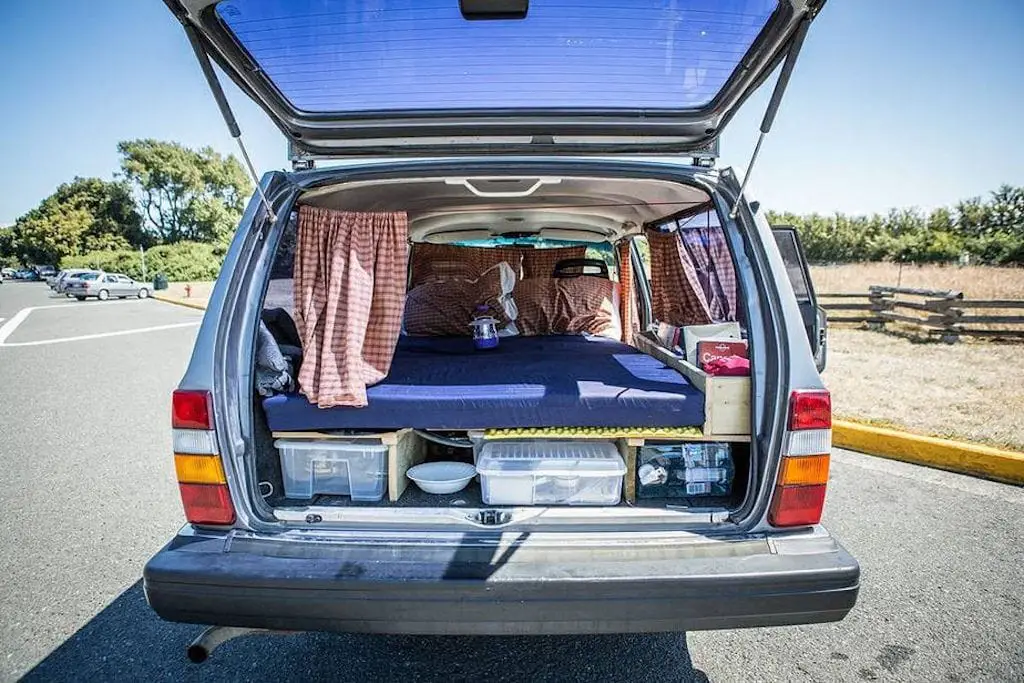
Minivans, for the same spatial footprint and gas mileage, can carry people more comfortably and carry loads more cargo.
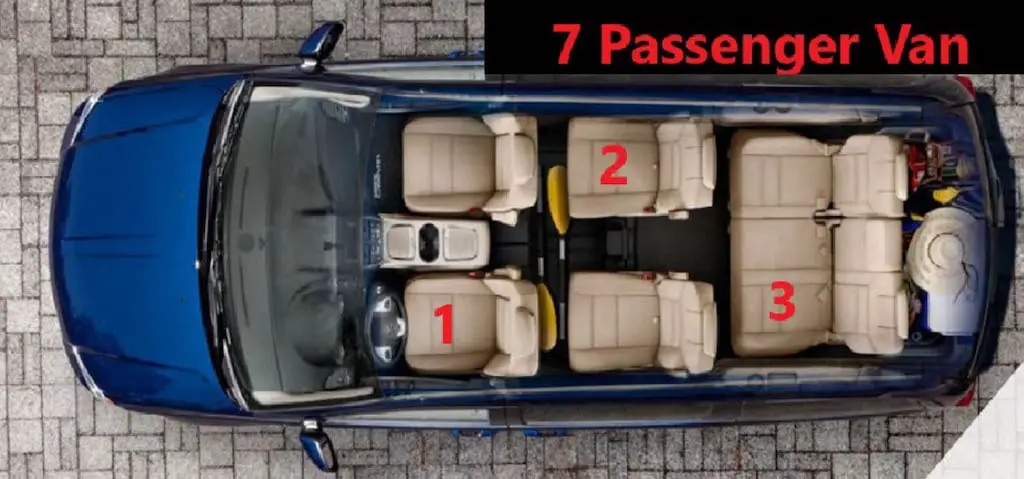
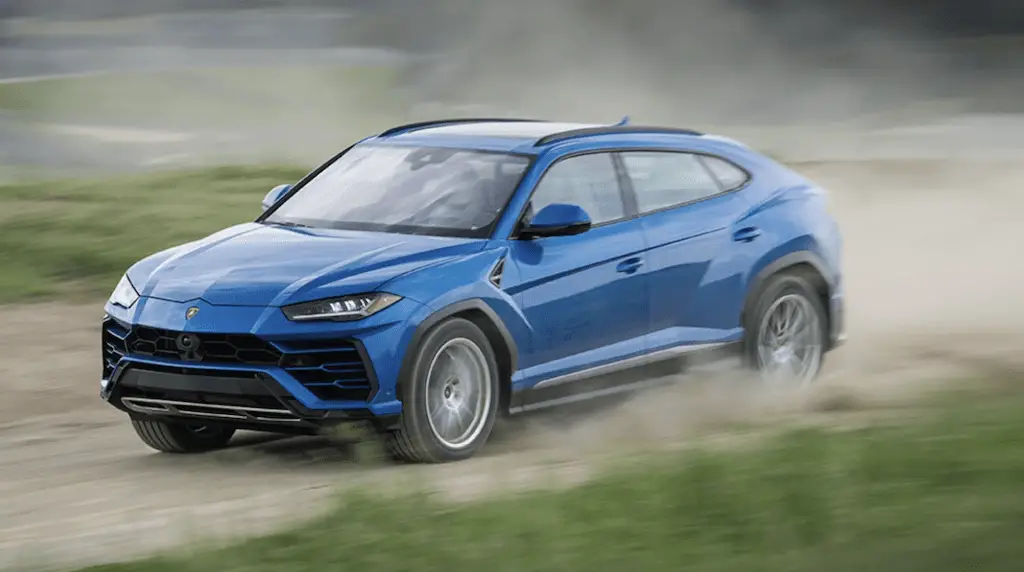

But what about off road? Despite the raised ride height and appearance of ruggedness, not all crossovers have all-wheel drive, and will handle only slightly better off-road than a comparable sedan. For that ride height and fuel economy, a dedicated body-on-frame 4X4 like a Mitsubishi Montero, Nissan Pathfinder, or a Toyota 4Runner is much better for the job.
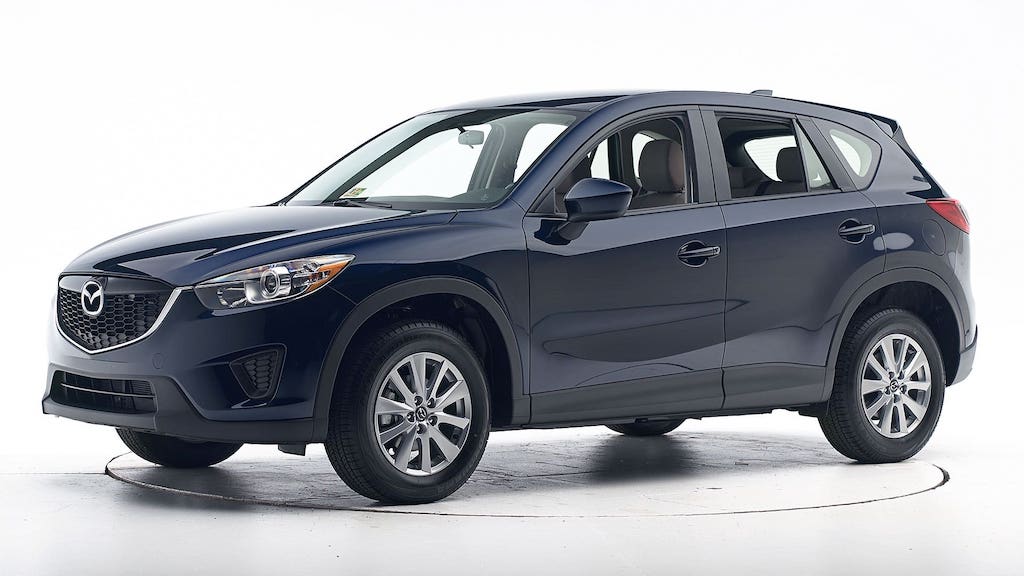
Nonetheless, there are some vehicles that, despite being crossovers, actually offer the best package that Americans can currently buy. Those I will recommend if the bottom line makes sense, but I generally will refrain from recommending crossovers as a whole. Instead, I will recommend certain ones in comparison to vehicles in other segments, like sedans and hatchbacks, and weigh the pros and cons between them.
In summary, crossovers, as a segment, come across to me as jack-of-all-trades, master of none vehicles that are inferior products compared to other, more specialized vehicles. My own experience of driving one that was forced on me as my first car deepened that resolve. Now, with U.S. government regulations and automakers are now doing the same thing that was done to me, but on a national scale to the American car buying public, it all feels very familiar, and I have to speak out against it.
Chrysler Products
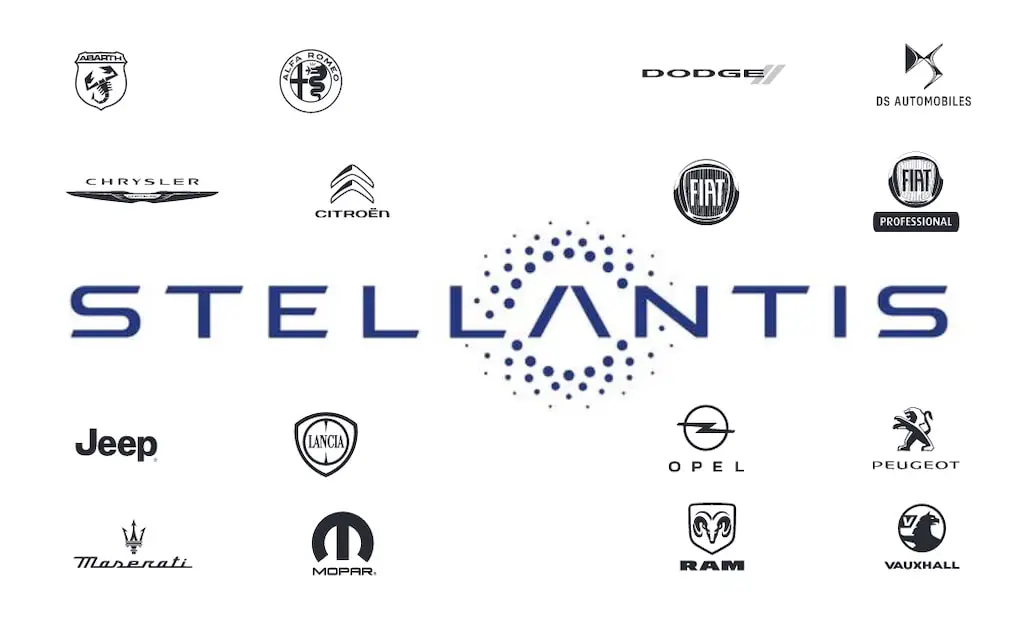
The next category of cars not to buy is straightforward, and that is anything made by Chrysler, especially Jeeps. Yes, I have recommended a Jeep in the past (link here), but that was a classic Jeep made when AMC still owned the brand, not Chrysler. On an ethical level, there isn’t much to like. They only exist because the U.S. government bailed them out when they were about to go under in 2008, because job losses. In my opinion, Chrysler should’ve been left for dead. They went bankrupt because of poor management, and because they were unable to consistently make a high quality automobile that was actually a viable sales proposition outside of North America.
Instead, top executives of a poorly managed company got a massive government bailout and were rewarded for not innovating and selling poor quality automobiles. How it will fare now that the merger with Peugeot and its brands has completed? Anyone’s guess, but to me, I can’t help but think of British Leyland back in the 1960s and how that turned out. In addition, the quality issues persisted even after the aborted merger with Daimler-Benz and the subsequent merger with Fiat, so I’m not too optimistic.
So national headlines aside, what is my personal experience with these products? Well, it isn’t so great either.
In the suburban neighborhood I grew up in, one of the neighbors had a late-model Dodge Durango had a faulty electrical system, which eventually caused an electrical fire, and burned down half his house! Unsurprisingly, after that, he also sold his Chrysler-made Jeep, and bought a used Toyota Tundra.

Something that also stands out is a story that I remember my grandfather telling me when I was around 14-15 years old. When he graduated from university in the early-mid 1950s, one of the job interviews that he had was for a job as an automotive engineer working at Chrysler’s facilities in Detroit to design new cars.
So, he drove out to Detroit in his 1951 Plymouth (a Chrysler product) for the interview, met the qualifications, and was offered a job. He ultimately declined, but some of the observations of what he saw at the plant stand out to me.
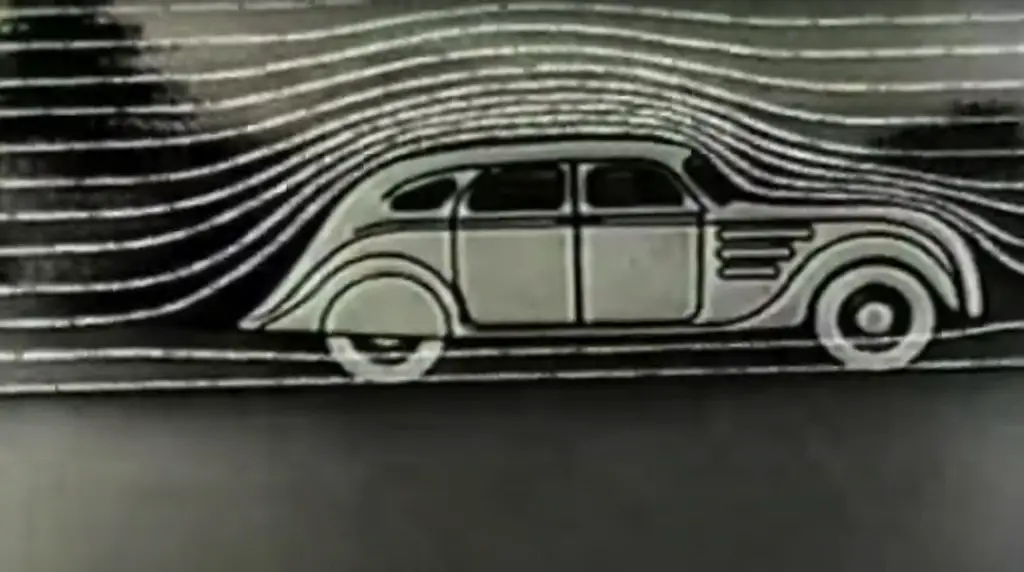
He observed that while Chrysler employed EXCELLENT engineers, and was more than capable of building the a high quality, innovative automobile (which they did at one point), they deliberately CHOSE not to and instead build something cheaper, more mainstream, and more conservative.
Why? Money.
That’s because there is no profit in building a car that people don’t need to replace every few years, and he saw that as unacceptable. No wonder his 1951 Plymouth was both the first and last time he ever bought an American car.
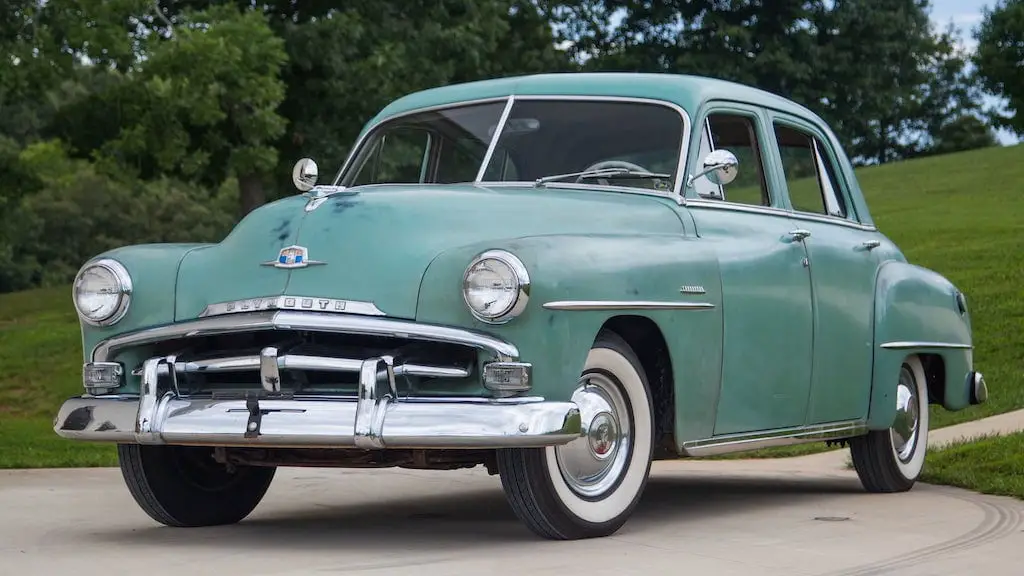
And despite taking good care of the car, it was falling apart after 10 years, prompting its replacement with a brand-new 1962 Mercedes-Benz 180 “Ponton” that he took delivery of in Copenhagen and had sent back to the U.S. after his vacation. Interestingly, he was fired from his job shortly after he returned with his new car, as his managers, seeing his new car, concluded that the company was paying him too much! But the dystopian environment of 1950s and 1960s Corporate America is another story for another blog, not here.
Company cultures are hard to change, and knowing that Chrysler has perpetually had these problems for nearly 70 years has convinced me that they will never build a very good car. Brian over at Regular Car Reviews put it best in his review of the 1980 Dodge Aspen, stating “Right now, Chrysler is making the exact same mistakes as they were making in the mid 1970s,” and I couldn’t agree with him more. As a result, I can never recommend a Chrysler product to anyone.
Newer European Luxury Cars
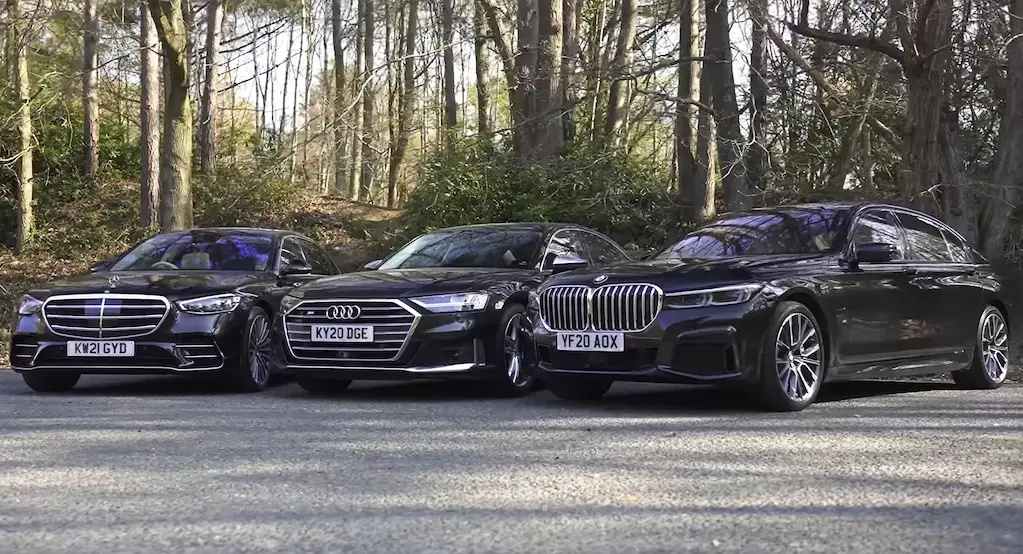
Of cars not to buy, this will raise a few eyebrows, but rarely can I ever recommend buying a luxury car from a European brands such as BMW and Mercedes-Benz. While I am a huge fan of their pre-1990 classic cars, and can recommend those, I would pass on anything made by them within the last 25 years.
Why is that?
Well, a few reasons. For one, they are quite expensive, with even the cheapest models start at the mid-30k price range. And what are you getting for paying more for your car? Higher maintenance costs and poorer reliability of course! It is so notorious, that on the used market, the most expensive Mercedes-Benzes and BMWs are traditionally, some of the fastest depreciating used cars. Prior to COVID and the used car shortage, three year old, low mileage cars from these brands would often sell for less than half of their new purchase price.
And all this is by design. The U.S. is currently the world’s second largest car market and historically the largest. It is also the country where having a monthly payment on everything is the norm, and 85% of new cars in the U.S. are financed (meaning that the car was bought using some type of loan with the car as collateral). Never mind the fact that getting a loan to buy something that goes down in value over time and costs money to use is an absolutely stupid idea, but that is aside the point.
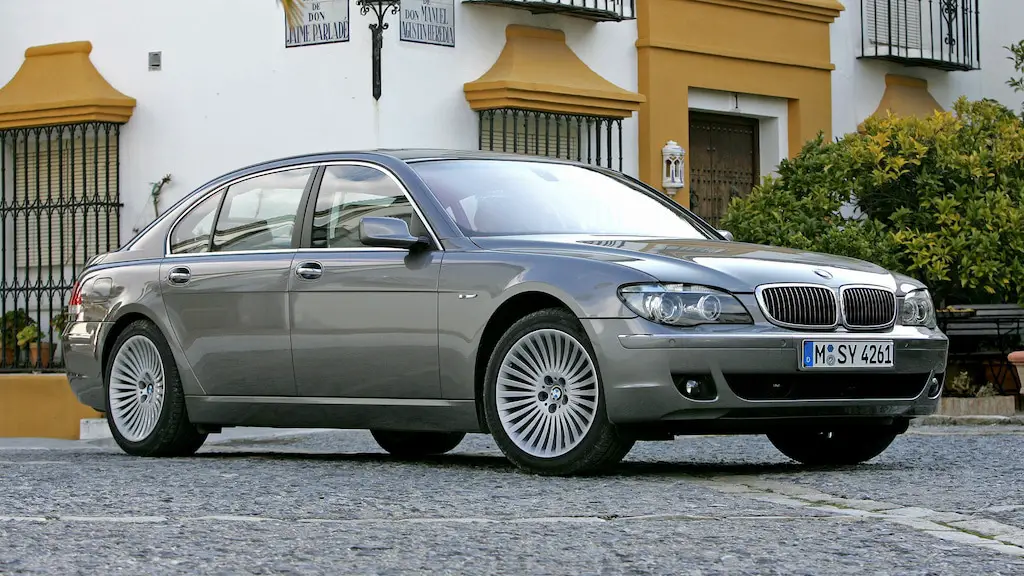
These vehicles are designed simply to last within the prescribed period of the loan, becoming the automotive equivalents of fast fashion brands like Zara or H&M. They predict that the customer will come back and get another car loan, simply because of the “prestige” of the brand and lack of viable competition.
As the rise of the Lexus brand in the 1990s and the ongoing rise of the Genesis brand shows, that isn’t true, and European brands can’t do this forever. However, in the short run, they can coast off of their earlier reputations of reliability and prestige; cutting corners while increasing margins and sales. They reason that this is acceptable, because they perceive their customers as being wealthier people that can afford to pay the price. And this that even getting into the absurdity of established European ultra-luxury brands like Rolls Royce and Bentley!
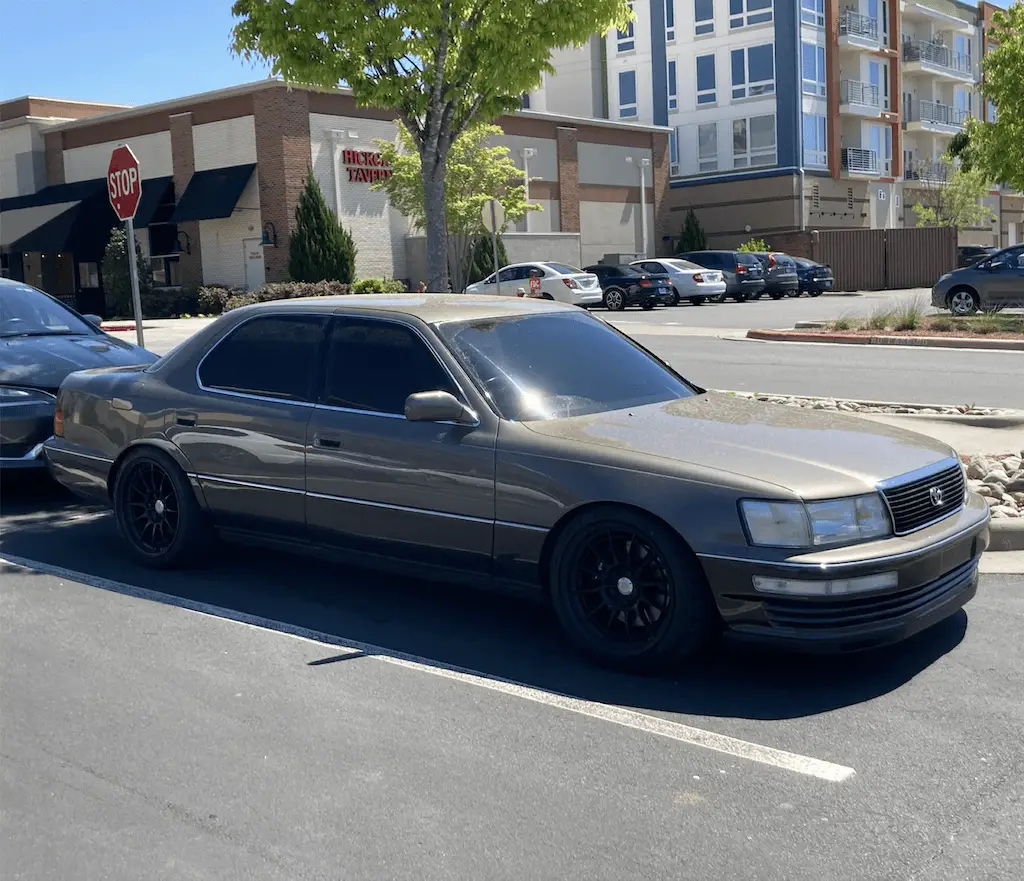
However, this is arrogant and unacceptable in my eyes. At Rational Motoring, our goal is to help you find a car that you can afford and meets your needs. That means recommending cars that are reliable, inexpensive to fix, and affordable.
You know what is irrational? Having a car payment on a car because you wanted it, but couldn’t afford it! Also irrational is buying a car that, statistically, has poorer reliability, simply so you can show off to your “friends” or other people (never mind the fact that if these people care about what brand your own, they were never your real friends in the first place).
As a result, unless it is a classic car, stay away from the European luxury brands. They aren’t worth the cost, and it’s better to actually be wealthy than to simply look rich for people that don’t matter.
Full Sized American Trucks
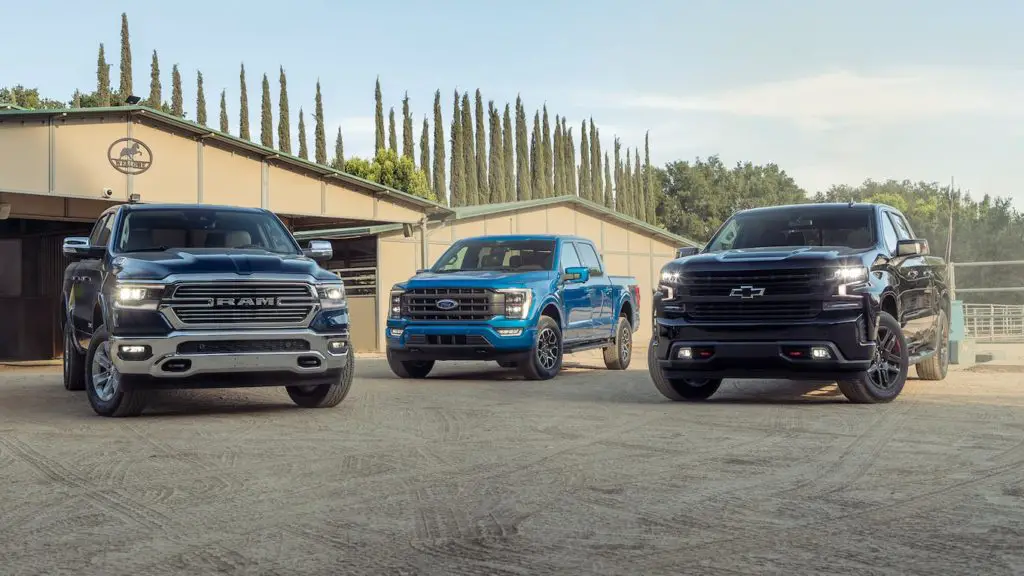
Oh man, rural America is going to want to skewer me for this one, but of cars not to buy, the type of car I can least recommend to anyone is a full-sized American pickup truck.
Why is that?
Well, a few reasons. For the types of scenarios where you legitimately need the absolute maximum of towing capacity on a regular basis, odds are, you are running some type of business that moves cargo around. In that case, a consumer grade full-sized pickup truck isn’t enough, and what you need instead is a more purpose built, specialized commercial vehicle such as a semi truck or a cab-on-chassis that you can customize for your needs.
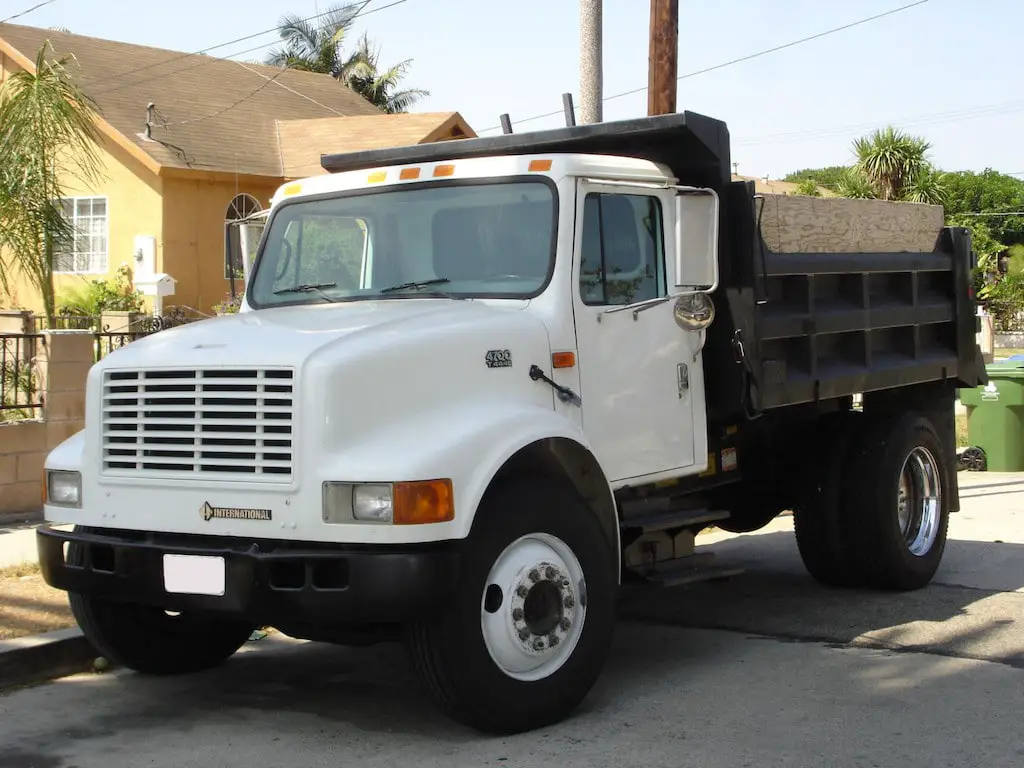
And if you are a regular individual that needs to go long distances over multiple days and need a large towing capacity for a boat, horse trailer, or car trailer, an RV makes a lot more sense than a full sized truck due to the greater built-in amenities that will allow for cost savings on things like not needing to eat out or get a hotel room. In short, if you need to tow large loads on a daily basis, full size consumer pickup trucks are just too weak for the job.
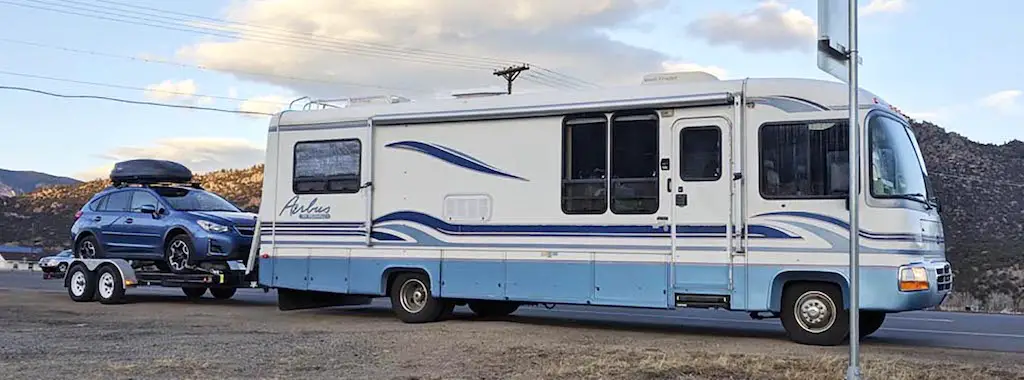
However, if you want to own a full-sized consumer grade pickup truck for just occasional towing, that doesn’t make sense either. Two options make much more financial sense than owning a full. One is owning a smaller truck to move things around and renting a larger truck for the few occasions your small truck can’t handle it, and the other is hiring someone else to move your stuff for you on the occasions you actually need to tow, and owning a smaller, more economical car to use everyday.
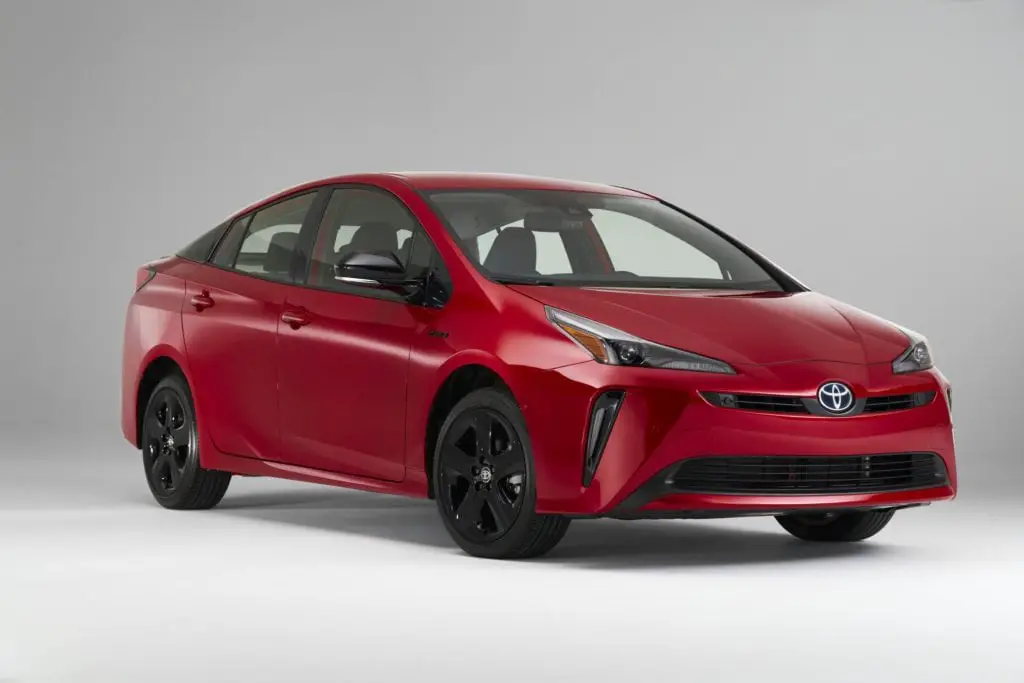
So then, why do people buy full sized pickup trucks? Why are they consistently the vehicles that maintain the highest resale values, despite the massive fuel bills and higher maintenance costs?
Well, it’s certainly not because of logic. The conclusion I came to is that owning a pickup truck has become synonymous with being a “True American” and the embodiment of “rugged individualism” by being closely associated with, interestingly, the image of the American Cowboy; making it a natural symbol for the expression of rural American values, especially in an era where that expression has become more flamboyant in the face of perceived threats to the way of life
Interestingly, I have observed that the vast majority of people that own Ford F150s and Chevrolet Silverados don’t even use what their vehicles are capable of 90% of the time. Go to any city, and there will be many people commuting by themselves, in a large pickup truck that gets less than 20 miles to the gallon. Nothing in the bed, completely clean, not even being used for its intended purpose. Humorously, my father always described it as “hauling sailboat fuel.” Translation: for most people, it doesn’t make logical sense to own one.

Here at Rational Motoring, we encourage people to buy vehicles based on your needs and the financial bottom line, not on raw emotions, as those type of decisions are always regretted later on.
In practice, full-sized pickup trucks serve as more configurable alternative to full-sized body on frame SUVs, in which case, I still cannot recommend American manufacturers. In my experience, the interiors of American vehicles are worse built, and age poorly: not desirable you want from a vehicle that costs $50-75k.
Furthermore, I have a problem with the fact that these vehicles only exist because of protectionist U.S. government policies, and I find them to be quite wasteful, as I have found most of them to be built to be quite disposable. 10 years and 150k miles: that’s how long my extended family got out of their Chevrolet Silverados before they were falling apart. And my personal experience driving a Chevrolet Express 1500 that was 15 years old, had less than 200k miles, and was only used for the lightest duty of work? Absolutely falling apart everywhere. And before you roast me on that, I know, the Express is not a truck, but most of the mechanicals, switchgear, and other parts were from the Silverado parts bin.
Instead, if you really want a new, full sized truck, get a Toyota Tundra. They will last 1 million miles with only routine maintenance, and aren’t built to be scrapped after 10 years like most American cars and trucks currently are. Otherwise, if someone suggests buying a new Ford, Chevrolet, GMC, or Ram full sized pickup truck, don’t listen to them. They are built to be disposable (and thus will be less reliable in the long term), they are way too loaded with political symbolism, they cost a lot to buy, they use a lot of fuel, and only exist new today because the U.S. Government wouldn’t let in foreign-built competitors.
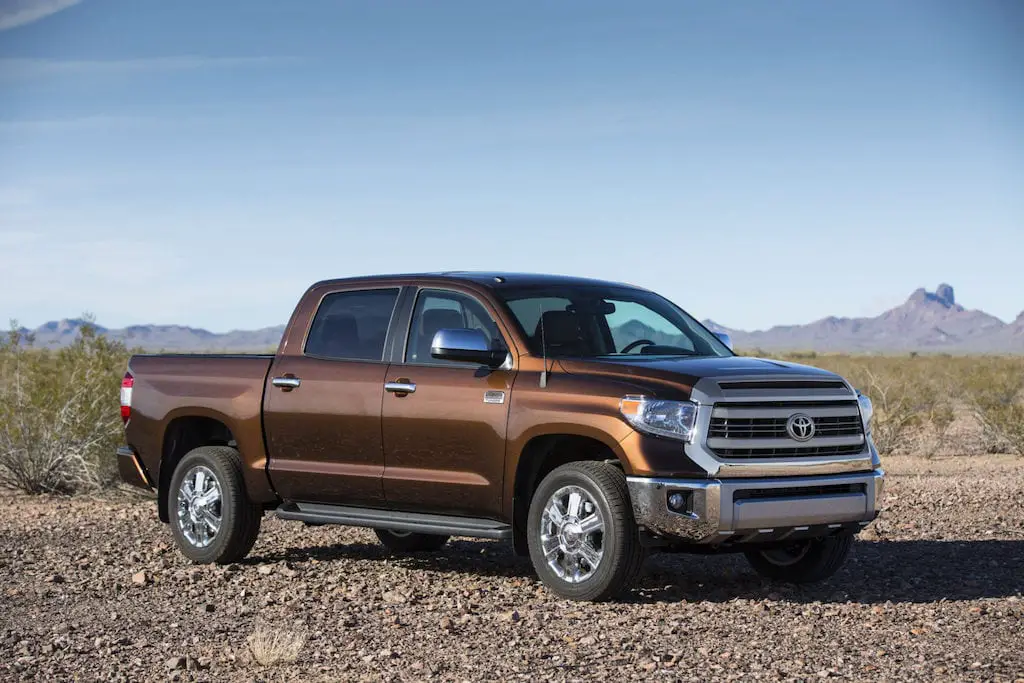
If you MUST buy an American made truck, get one made before 1995. While they were cheaply made by the standards of their day, parts can be found everywhere in the U.S, and trucks such as the Chevrolet C/K models from the 1970s and 1980s have relatively little that can go wrong that can’t be fixed with simple tools that are readily available.
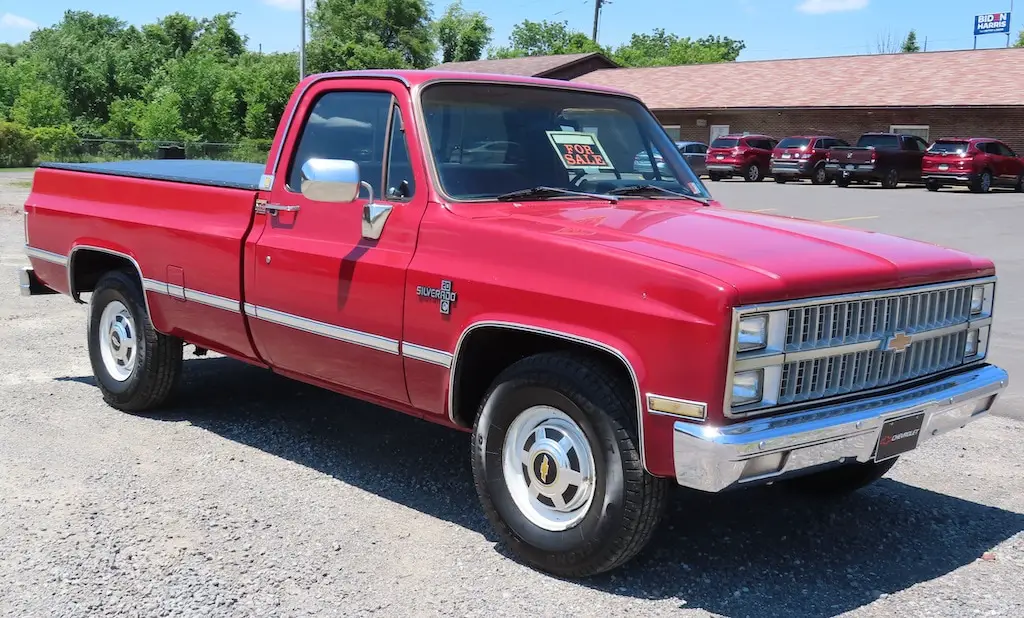
Personally speaking, even if these trucks aren’t my thing, mechanical simplicity is a merit I can appreciate. As for the new crop of American-made, full sized pickup trucks, I couldn’t possibly think of anything worse, and given these dubious “honors,” I will NEVER recommend a newer full sized American truck, or any vehicle that was based on one.
Summary
At Rational Motoring, we can only recommend high quality automobiles that we believe are best suited to your usage needs. Anything that is all flash and no substance doesn’t pass our stink test, and the four categories of vehicle we listed here, in our professional opinion, do not make sense for anyone to own or purchase. What do you think? What type of cars would you never own? Let me know in the comments below.
